Venice Film Festival: Robert Redford presents The Company You Keep with Shia LaBeouf
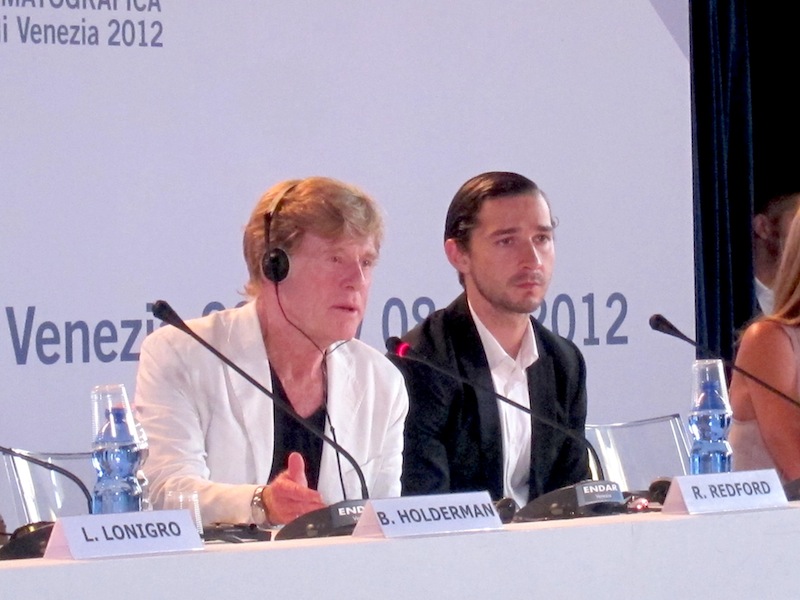
Robert Redford and Shia LaBeouf presented The Company You Keep at the official press conference of the 69th Venice Film Festival.
Why are you doing this movie now?
Robert Redford: Because now those years are a piece of American history, I can do it. Before, the movement was still alive; now it’s American history.
Most of the actors are glories from the past: Julie Christie, Nick Nolte, Richard Jenkins, Susan Sarandon… why?
RR: Would you include me in that group of actors?
The film cast is made up of people who I thought were good actors. Julie Christie and I came into the cinema around the same time and age; I thought it was a nice connection. These actors are also good people and that feeling was important.
There is a dichotomy between the younger and the older generation: old-style communication and Twitter, for instance. The Occupy Wall Street movement and Pussy Riot. Isn’t the new generation inheriting some of the radicalism of the 60s?
RR: Every generation has its moment of rebellion and discontent, and a chance to do something about it. It always comes.
What were you doing in those years?
RR: Well, I’m the only one who can answer that; the other guys weren’t born. I was sympathetic to the cause, I think they had a good reason to rebel. At the same time, I thought that the cause would have eaten itself, because of its ego. It was self-destructing, it was just a question of time.
That made me sad because the cause was a just one; I thought the war was wrong, unjust. But that was only my opinion as an outside person. I was starting my career at that time; I was not politically involved.
Have the times changed radically?
RR: Journalism was a different thing, in a different place. No computer, no internet.. less flow of information. There are many channels today and this makes it harder to find the truth.
There is a fundamental of the past and today that remains the same: there is always the need for some sort of reform.
If people are not happy with the war, they are going to speak out. It’s a healthy thing. Change is inevitable, it’s happening whether you like it or not.
Today’s American political contest has two sides: Obama says change is inevitable so you try to take it into a positive direction. The other side does everything to prevent it. That creates a very difficult situation – very sad.
The movie – despite all the political references and the pain of what they went through – is about what a man would do for a child, to have the love of his daughter preserved. This is what makes it close to Les Miserables, and the fact that he acts under a different name and is constantly chased by a detective. The rest sits above that.
What are your thoughts on the state of journalism today?
Shia LaBeouf: I studied both Bob’s – an idealist – and Hoffman’s [in All the President’s Men] – who plays a “nothing gets in my way” journalist – styles. My character experiences both attitudes.
RR: Journalism is glory-based – who produces the story first. It’s more important who is first. The question with Shia’s character is: when does humanity kick in?
Journalism is exciting; I’m talking about my country. You can have a bipartisan angle, but if you look carefully, underneath the goodwill and truth you usually will find ego.
“We are going to get the truth” and they go after the truth but they knew there is glory in the truth, and the ego follows. It’s a subtle thing and I wanted it to come in.
In this film, Ben (Shia) is searching for the truth so ferociously that you admire him. If he does get to the bottom of it, there’s going to be some glory. The two are connected by ego.
Since you like to be in Europe, is it also because the European audience is more interested in culture, history and politics? It’s also clear that you often want the new generation to get involved in your movies.
RR: We are such a young country; you can really feel it. Despite the glory and power of our country, I’m very happy to be part of it.
In terms of cities and cultures, we are only 200 years old. Just the fact that our movie is here in Venice, it’s a kind of a miracle.
I miss that feeling in my country.
In terms of young people, each generation has a chance to lead in its time. It would be sad to think that my generation has so corrupted the abilities that new generations have nothing to do.
Shia, great directors like Redford, Spielberg and Stone have chosen you to represent the new generation. Why?
RR: I want to answer that first. I think he is a wonderful actor; he has the right intellect, energy and skills. I hoped he would do it.
SL: [I say] “Wow” every time I get a job. It’s like first and last time every time, nothing changes. I’m blessed.
Watching student protests in the 60s, there are scenes of political terrorism. There is a tendency to identify the political movement with terrorism, claiming it led inevitably to this outcome. I was touched at your attempt to find reasons, going against this public perception. That it’s not only about blowing up buildings.
RR: I don’t know a lot about Bader Meinhoff, they were very radical and violent at their core. I speak only for my country and radicalism in my country.
I believed they had the right ideas and their intentions were absolutely right. You can’t talk about America if you are rejecting true American ideals of freedom of speech/expression. I think the cause was a good cause. But the film is mainly about their lives, which is what is underneath that movement.
How do they feel now, after 30 years? Some people reject it, saying “I was young, stupid…”. Other people claim “It was a good cause, we didn’t do it right, we should have kept doing it, changing attitude”. Some others state “It was a good cause, it still is and I’m the same person”.
What people feel now is personal. I tried to explore where the is emotion underneath these causes, now, 30 years later.
Sometimes your movie seems to state that it’s useless to stand up for a good cause. At that time there was a Vietnam war; now it’s financial because the rich are bigger, stronger, and we are useless.
RR: I don’t think we are useless, otherwise I wouldn’t be here.
I think it was the same condition, looking back all the way to the 20s. Same condition, same mistakes. No matter how things change, the issues remain the same. People always feel the need to change. It will always be there, it’s inevitable.
Some will say: “What was the point, I lost my life, identity”. Some others: “I don’t care what time we are living in, it was right to do it”.
Shia, many actors like Redford and Eastwood became great directors. Did you think about directing too?
SL: It’s a heavy job… actors’ attention spans last around 6 months. Bob worked on this for 5 years. Now I just try to be a good actor.
RR: Shia, I think you’re a pleasant person.
Filippo L’Astorina
Photos: Laura Denti

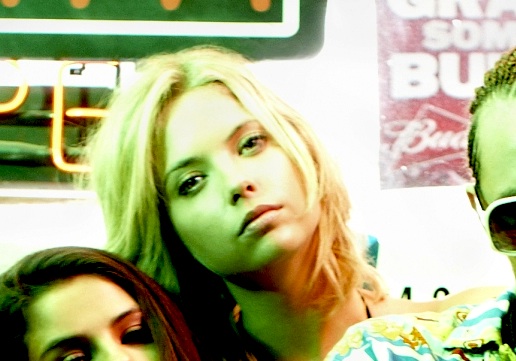

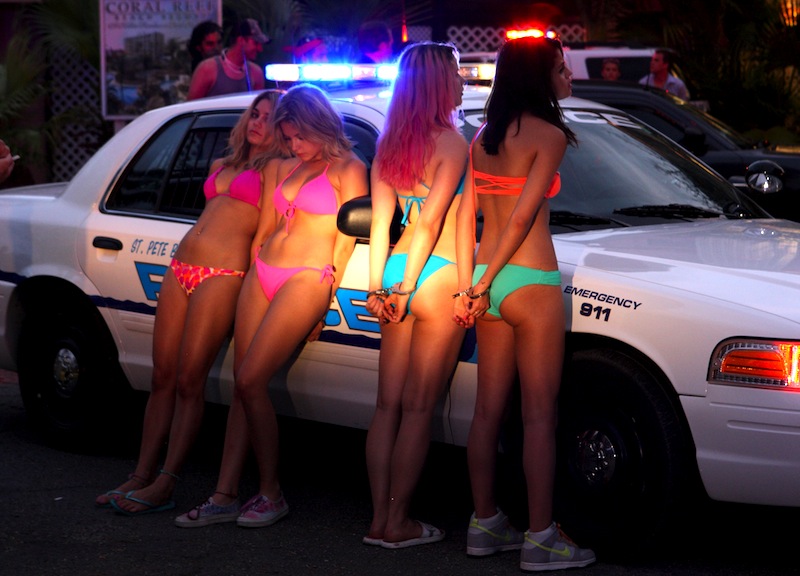
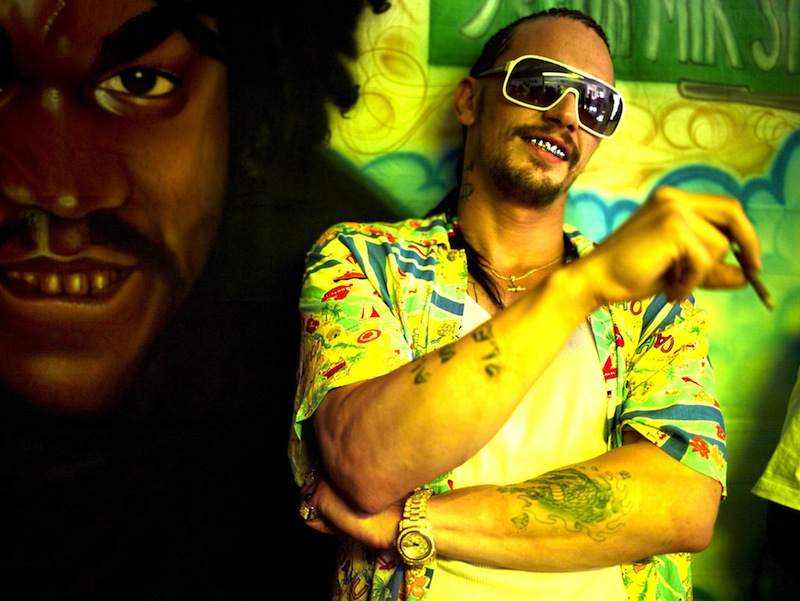
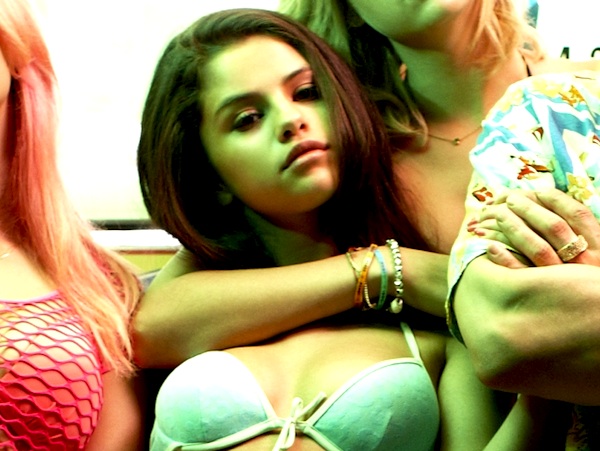
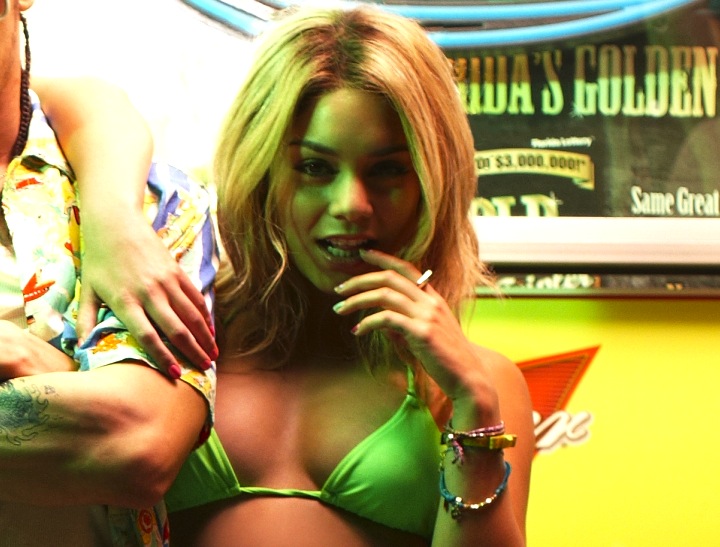
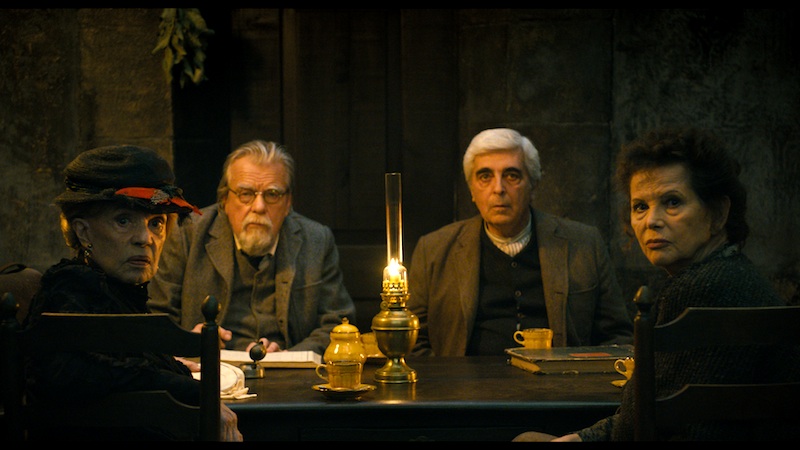
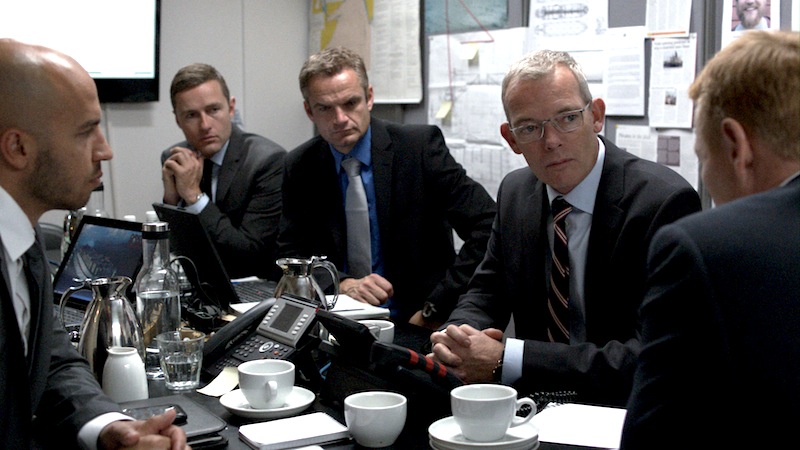
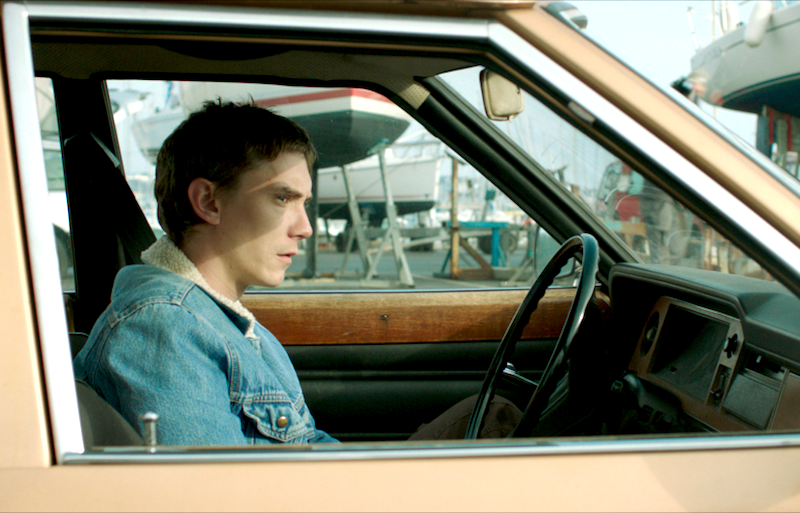

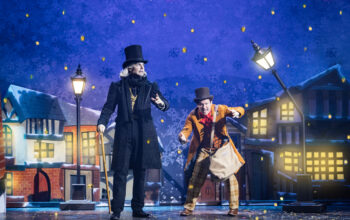

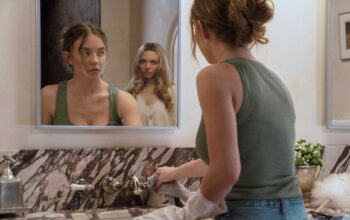

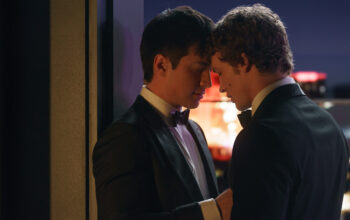
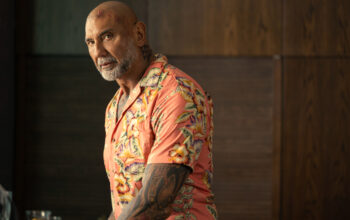
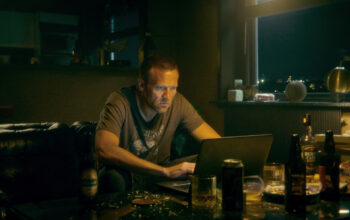
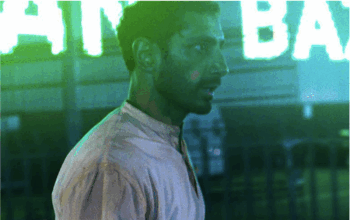
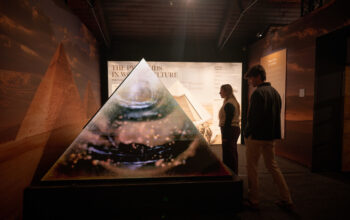





Facebook
Twitter
Instagram
YouTube
RSS